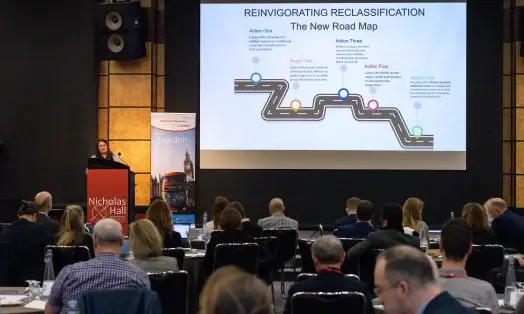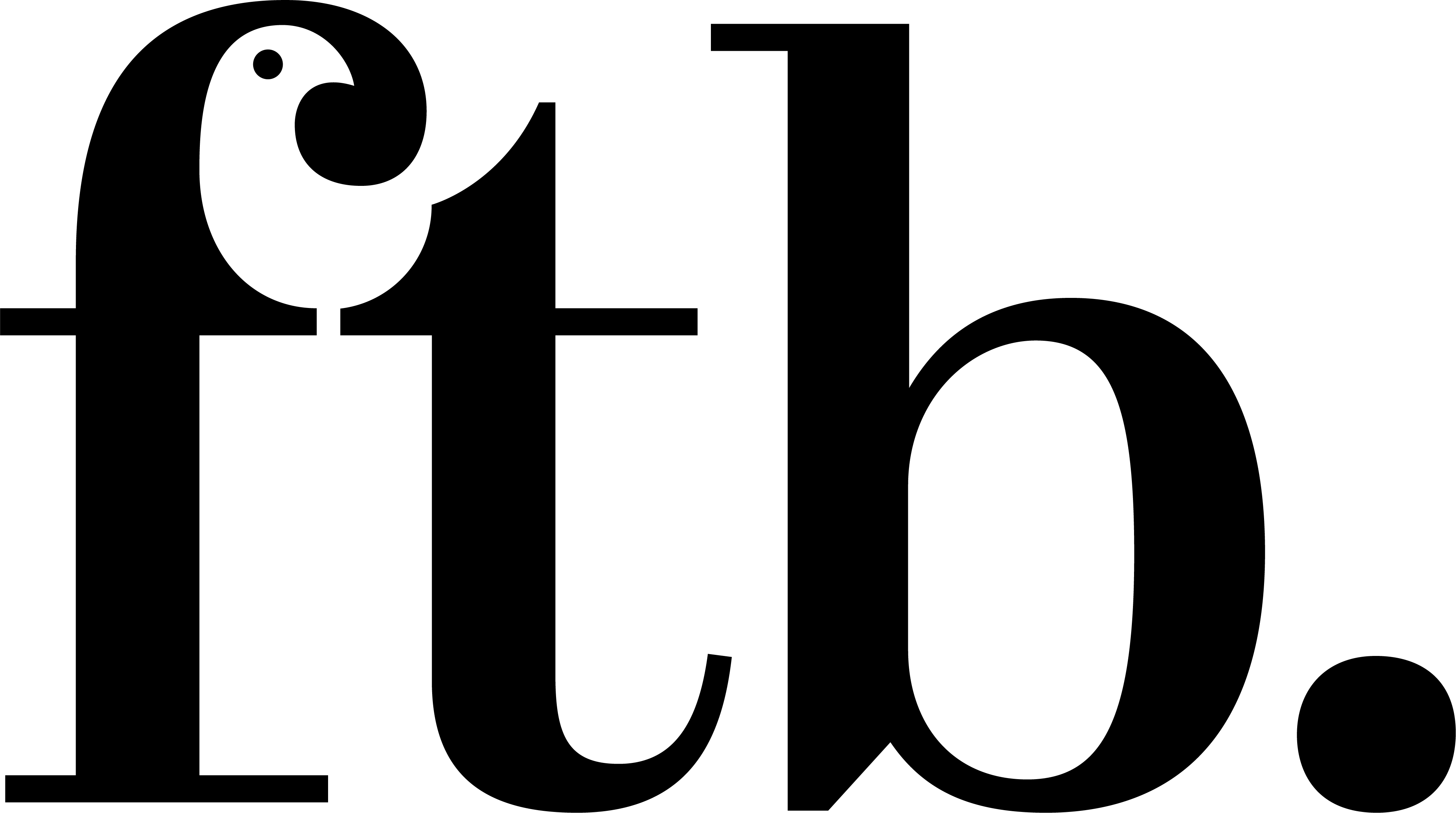Beautiful Thinking.

Covid is behind us, with countries focusing on recovery. We’re all acutely aware of the cost-of-living crisis with price inflation prompting consumers to trade down to lower cost own-label solutions. This is proving a challenge for CHC brand owners who must demonstrate their value through emotional connection, recognisable visual assets and a focus on omni-channel solutions to engage with their audiences.




Patient empowerment has also exploded, access to GPs is harder than it has ever been so the need and opportunity for self- care has gained momentum. More than ever brands need to standout to reach those seeking their own healthcare solutions.
There is a big shift back to treatment over prevention with consumers demanding results, fast. Specifically, the VMS category needs to work harder to demonstrate efficacy, delivering ever more robust scientific proof and building trust with consumers.
Looking at company performance, the top 6 global healthcare businesses have declining market share with rising stars such as Perrigo, entrepreneur led companies and mid-size organisations gaining ground.
In terms of areas of high activity, we’re seeing mental wellness (sleep, anxiety and mood), gut & digestive health, sexual wellbeing and women’s health all fuelling compelling innovation and R&D activity.
The conference presentations each had their own helpful insights and learnings but the two that really stood out for me were Sarah MacDonald – VP of Sustainability at Haleon and Michelle Riddalls CEO of PAGB.
For Haleon, the fundamental belief that the global population can’t be healthy if our planet isn’t healthy, is a no brainer. This is so entwined with global social and economic policy that the responsibility absolutely sits with healthcare companies to drive improvements alongside government policy. We are all acutely aware that health is wealth, life expectancy for men and women remains different and has reduced. Lack of inclusivity means people can’t access the help they need. Improved health literacy is needed to empower people and communities to enable increased compliance with medication, improved sanitation and a healthcare infrastructure that is accessible and welcoming to everyone.
Through Haleon’s consumer healthcare brands, they are fighting the corner for cleaner air around schools (Otrivin), campaigning for those in need to take time off when they’re too sick to work, offering micro grants to cover loss of earnings (Theraflu) and working with the Arthritis Society to develop easier to open packaging and adapted mobile website offering voice search and larger buttons to navigate.
Michelle Riddalls offered a refreshing perspective on the work of the PAGB. They not only provide the guidance to support switches from prescription only medicines to pharmacy or GSL (OTC) but also play a fundamental role in defining the road map to futureproofing the role the pharmacy classification plays in access to consumer healthcare in the UK.
In recent times, we’ve seen how the sexual wellbeing category has been the most dramatic switch from prescription only to OTC with Viagra, Gina and Hana all empowering consumers to take their needs into their own hands. But this has taken over 20 years to facilitate.
As commercial context, 2022 saw the Pharmacy category delivering £3.2 billion in sales with £2.7 billion from GSL medicines. These are staggering amounts and demonstrate the incredible value of the industry in the UK.
Looking forward, the PAGB has four areas of focus; widen access to medicines to enable more patients to treat at home (self-care). Improve and enhance pharmacy access through longer opening hours and support for E-comm. Reduce the burden on the NHS by removing the need for prescriptions through pharmacy medicines. Cutting down on the pressure for GP / A&E visits through quicker resolution of conditions and engaging in the healthcare system through improved health literacy.
Fundamental to all of this will be working with the MHRA to streamline the lengthy regulatory process. By reviewing the reclassification list, focusing on P medicines and the role they play and by exploring the role of digital infrastructure to establish what benefits it can provide, it feels as though the UK is making positive strides for its future health and wellbeing.
